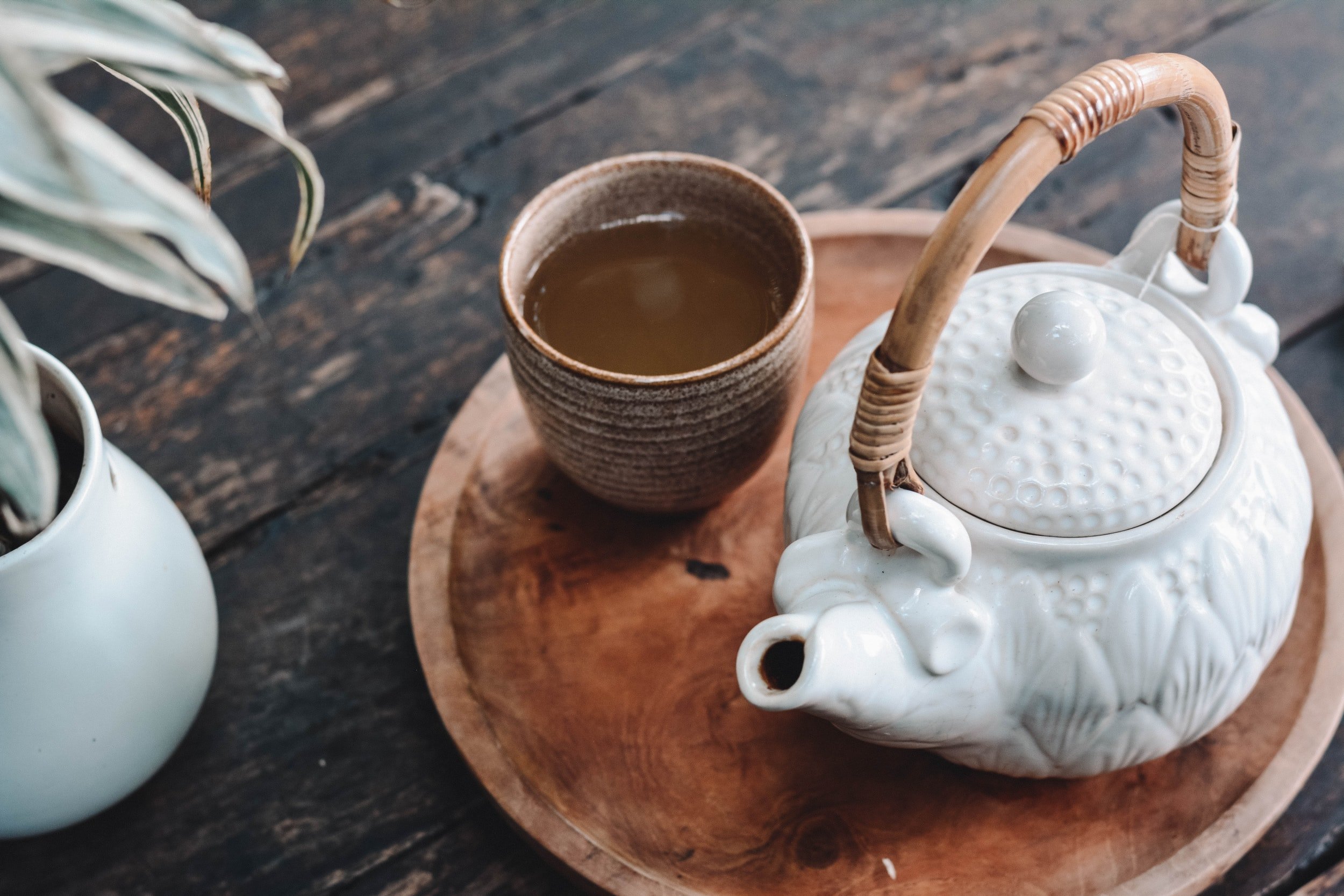Self-Care During Difficult Times
By: Ali Pivar, PysD
Self-care is always an important part of maintaining good mental health, but it is even more necessary during times of elevated stress. These are also the times when self-care can be the hardest to implement and maintain. When stress increases, we tend to retreat into old, familiar patterns of behavior, protecting ourselves from distress by avoiding our emotions and engaging in unhealthy, self-soothing behaviors, and our systems long for total relief from the discomfort.
It’s important to recognize that we’ve all experienced an extended period of stress, and are now in a strange transitional space. The pandemic has provided fertile conditions for mixed and confounding emotions with so many transitions and stressors. The sudden shift to remote schooling, working from home, implementing ever-changing safety protocols, and waiting for information needed in order to make plans. With the anticipation of transitions back into “normal life,” anxiety levels seem to be relatively high. We’re in this in-between space with many pandemic restrictions lifting while continuing to be cautious, maintaining some limitations and coping with all of the many unknowns.
There is some relief brought on by the vaccines and the nicer weather, but there is still an undercurrent of urgency, anticipation, like sitting still and running in place at the same time.
This is one of those times when self-care is so important and so challenging. It doesn’t take a lot of effort to make some minor improvements and to help ourselves reserve some resources to navigate these tough times. Below are some simple things that I’ve found to be helpful.
Adjust our expectations: Perfect, total relief is not realistic, but small shifts can and should be viewed as successes.
Be kind and patient with ourselves: We’ve all been affected by the pandemic. No-one has been immune and we need to have compassion for that. This hasn’t been easy and piling on self-criticism is an additional burden that we don’t need.
Observe our inner experiences: Pay attention to our internal reactions to stress and check in with ourselves whenever we can. Emotions are temporary and will need to be reexamined frequently.
Name what we’re feeling: Labels can be helpful for organizing and containing our emotions. Knowing what we’re feeling, simply acknowledging that it’s there, can create a very powerful shift.
Accept the discomfort: Acceptance is not the same as acquiescence. Trying to avoid emotions or push them away doesn’t work. Emotions are temporary and we are capable of tolerating the discomfort.
Exercise, diet and sleep are also important. Try not to be perfectionist about any of these. Six hours of sleep is better than five. Get outside every day even if it’s just to walk around the block. This is important for kids as well as adults, and it’s good for our physical and mental health.
Reach out for support from trusted people and/or from professionals when you struggle to manage distress on your own.

